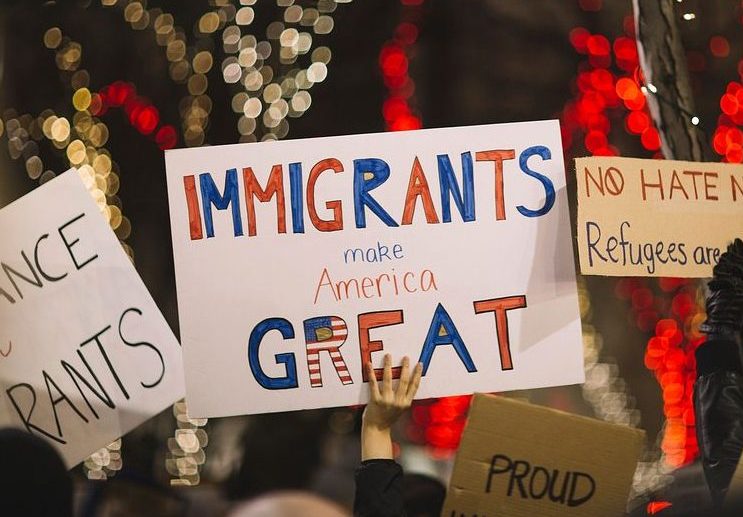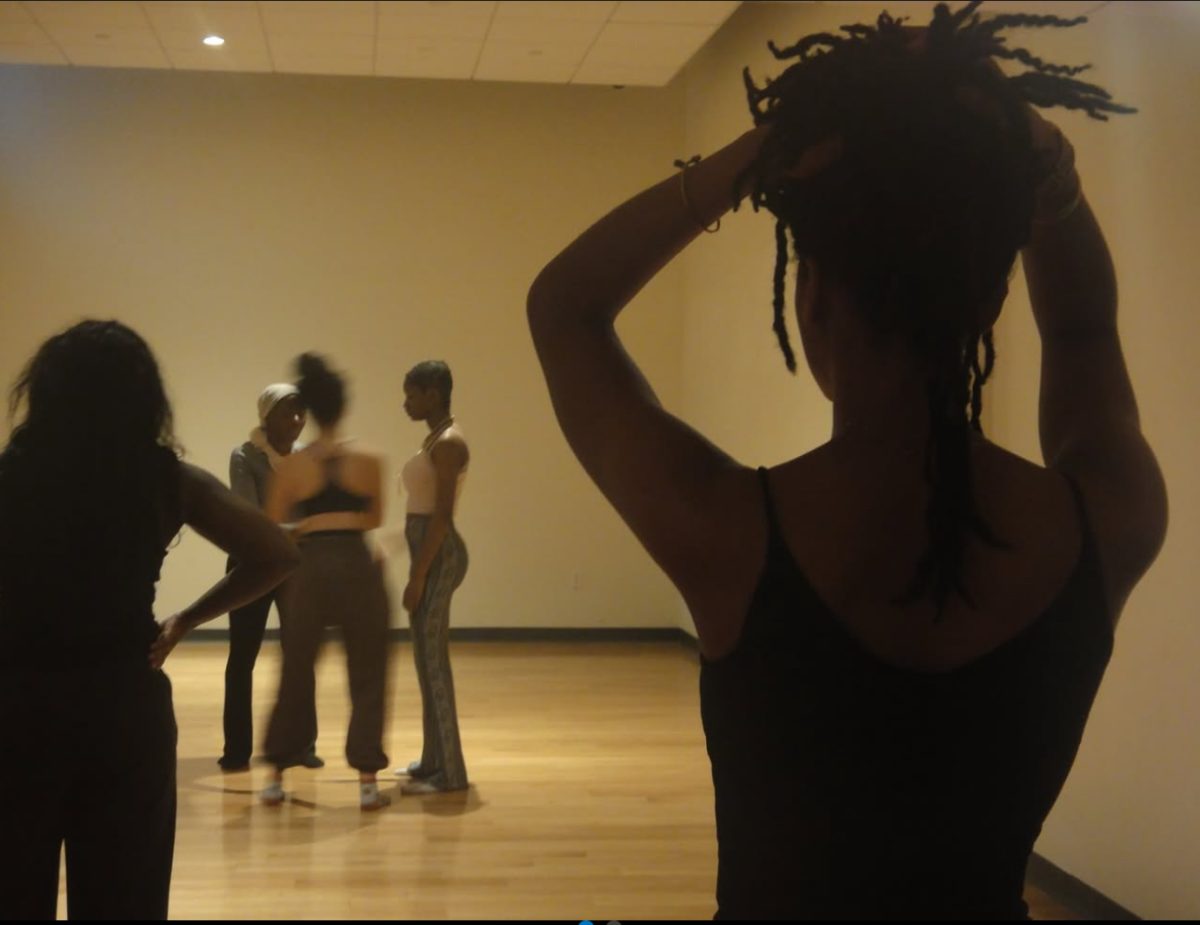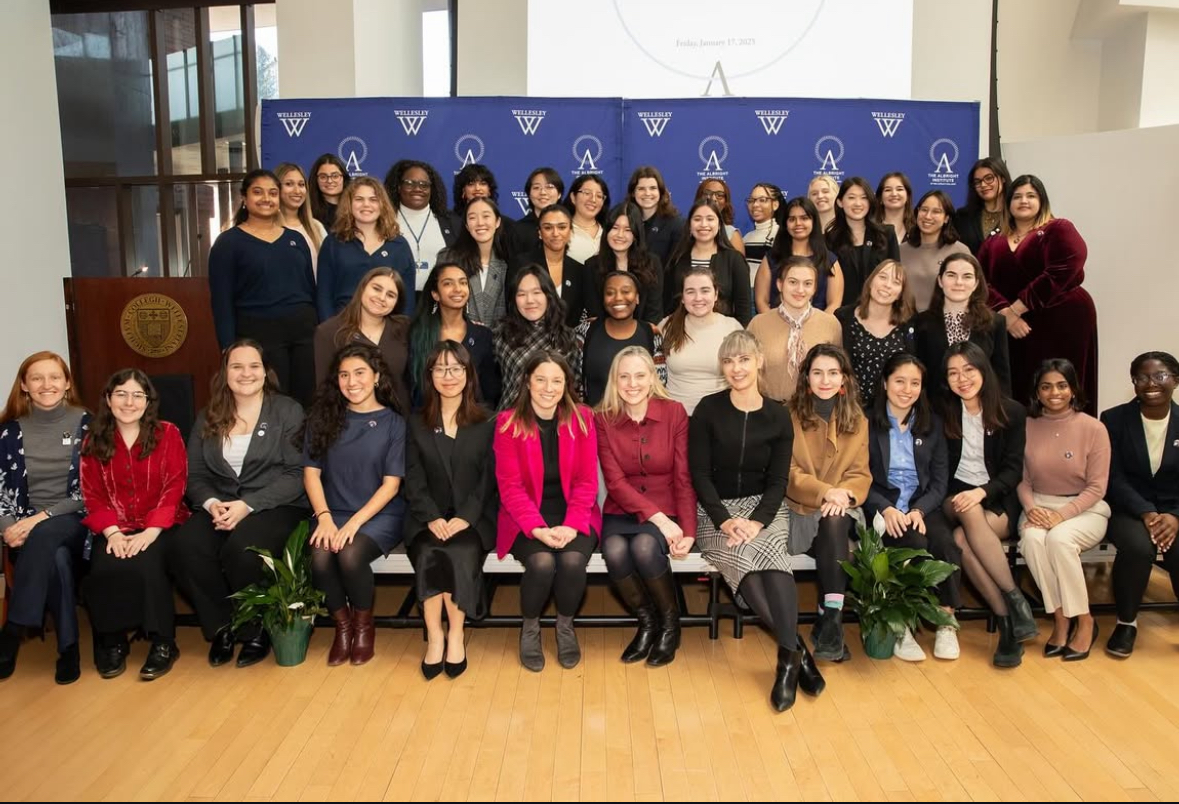As Donald Trump’s second term approached, social media and news coverage was flooded with content about the sudden surge in immigration raids, sparking widespread concern. Post-inauguration, Trump passed executive decisions that targeted the rights of many immigrant communities, such as revoking the policy that prohibited arrests by U.S immigration agents in or near schools, places of worship or other sanctuary sites.
The growing number of these raids left many first generation and immigrant populations at Wellesley feeling anxious and uncertain about their futures. Paloma Ayala ’27, a Houston native, expressed her initial thoughts about the mass deportations occurring throughout the US Ayala explains that her family had been preparing for a Trump presidency for a while, and rushed to get their citizenship before he took office.
“Knowing that [Immigration and Customs Enforcement] ICE is now detaining naturalized citizens and residents, I am not only scared for my parents but also for my loved ones, the family of friends and my neighbors,” she said. “I feel helpless and every day I pray that nothing will happen to my mom or dad.”
She emphasized that her parents are hardworking people who have sacrificed so much for their family, much like many immigrants, residents and naturalized citizens.
“My heart just aches at the thought of so many families being separated,“ Ayala said.
Houston is a blue city within a predominantly red state. While it shares many of the same progressive views as other liberal-leaning cities, it exists in a state that supports more conservative policies. Despite this, Ayala explained how the Houston populace has come together in support of immigrant rights and have led numerous protests.
“I am happy our community is speaking out on these issues back home. People of all ages are heading out to the hot spots in Houston to speak out against all of the mass deportations. There have been sightings of hate groups during these protests, and that is one of the things that scares me. I just wish there was more support with our state government, it feels like we are being left out,” Ayala said.
On Jan. 14, disruptors carrying Nazi flags and white supremacist imagery gathered on an overpass in Houston, in response to recent demonstrations. This is a reflection of the broader, dangerous ideology shared by these right-leaning groups, which continue to promote hate and discrimination across the country. Meanwhile, ICE agents have been criticized for acting on their own biases, disproportionately stopping individuals who appear to be Latinx. The hasty generalizations of immigration agents have led to the detainment of naturalized or birthright citizens.
Another Houston native student at Wellesley College called the actions of ICE agents inhumane because of their tactics for arrest — often targeting places of community and culture. This has made people in the Houston community fear being in public spaces. They comment that while the Houston residents have protested, universities, which enroll many concerned students, have either remained silent or failed to provide adequate resources to support them. The student sees that same lack of action at Wellesley. They point out they haven’t seen any explicit aid from the administration or even statements that support students during a time of increased federal raids and intimidation. Ayala echoes this, saying she has only seen actions undertaken by students and the Office of Intercultural Education.
“Some clubs have been hosting support groups and there have been some emails that have been sent out by some individuals, but I have yet to hear anything from the college. Many students on this campus are terrified for their families, loved ones, and themselves. I think the least the college can do is to send out their support to the student body. The students are waiting for a bit of compassion,” said Ayala.
Both students expressed that it is important for all community members, whether in a city or at a college campus, to come together to offer mutual support during such a confusing and stressful time. Ayala highlighted how it is disheartening for many students to witness a lack of proactive support from administration, especially when she believes their role should be to protect and progress the college and university collective, regardless of their immigration status. She believes it is through unity and shared compassion that people can ensure no one faces the challenges created by the new administration alone.
Image credit: Wikimedia Commons
Contact the editor responsible for this story: Phoebe Rebhorn







